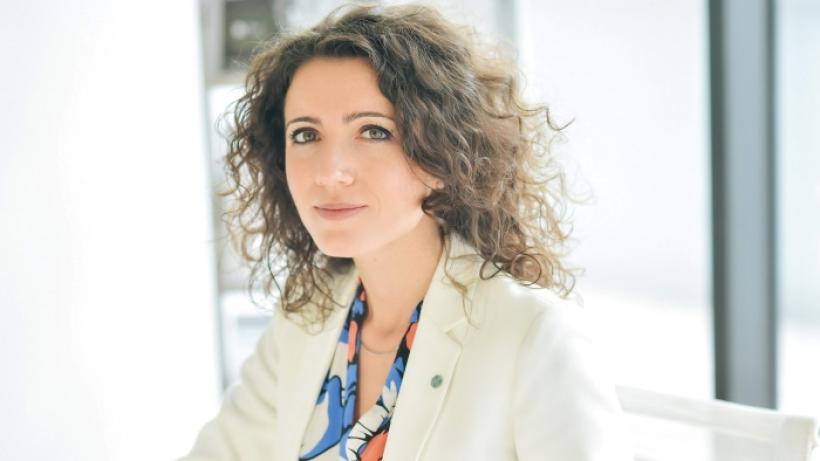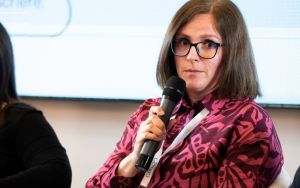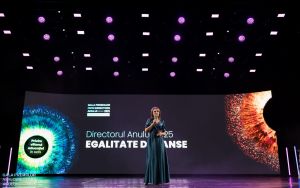The level of stress faced by more than half of working women (53%) is higher than a year ago, and 46% say they are exhausted, according to Deloitte's Women @ Work 2022 Study, conducted globally. Moreover, exhaustion (burnout) is one of the main reasons why women decide to resign (40%). More than half of the study participants want to leave their current employer within two years and only 10% plan to maintain their job for more than five years.
On the other hand, the study shows a significant difference in the status and attitude of women whose leaders support gender equality. Only 3% of them feel burned out, 90% of them rate their motivation at work as good or extremely good, none is currently looking for a new job and only 9% plan to leave in the next two years. Of those who work with such leaders, 87% say they get adequate mental health support from employer and feel comfortable talking about their issues of this kind in the workplace.
The study also shows that, although hybrid working has been implemented by many companies over the last year - 44% of women employed globally are working in such a model - more than half of them (54%) have already experienced a lack of flexibility related to the place and the time of their expected work, and 64% indicate their employer has not set clear expectations around these issues, which limits the predictability many women need, especially those with caregiving responsibilities.
Moreover, 94% of respondents believe that requesting flexible working schedule will affect their likelihood of promotion. At the same time, almost 60% of those working in hybrid system feel they have been excluded from important meetings, and almost half say they do not have enough exposure to leaders – a critical enabler of integration, salary increases or career opportunities.
Less than half of the respondents (45%) rated their ability to switch off from work as good or extremely good, and 34% rated it as poor or extremely poor. Of those who can’t switch off, 42% worried that their career progression will be affected if they are not constantly available.
Additionally, almost half of women are less optimistic about their career opportunities than they were a year ago, with optimism significantly lower among those working part-time.
"Employers must ensure that employees, regardless of gender, understand concretely what is expected of them in the labor market new context and have equal opportunities for development at work, based on clear performance criteria. The reality is that, in most cases, women have additional responsibilities compared to men regarding the household and family care. Many women are concerned about the large number of duties and the impact that this situation could have on their current and future career prospects. However, society is changing, working women are now receiving more support from both their family and employers. This support must be increased in order to ensure equal opportunities, not in the sense of putting everyone in the same position, but to help those who need it most, so that everyone can succeed based on their own forces," said Alexandra Smedoiu, Partner, Deloitte Romania, and coordinator of the SheXO Club Program.
Deloitte study Women @ Work 2022 was conducted on over 5,000 women in ten countries worldwide and reveals the COVID-19 pandemic impact on their work/life balance, the changes that have occurred in the way of working and recent years developments in achieving gender equality in the workplace. The respondents are employed full-time or part-time in companies in various fields and hold a large range of positions, including management levels.
The SheXO Club, a global Deloitte initiative launched in Romania in 2012, aims to nurture a community of business women that can network, grow and thrive, through the creation of a platform for experience sharing. Throughout its business meetings, market research and publications, the club expands knowledge in the areas of leadership, economics, global trends and business models, while sharing best practices in the field of diversity and inclusion.
Photo: Alexandra Smedoiu








